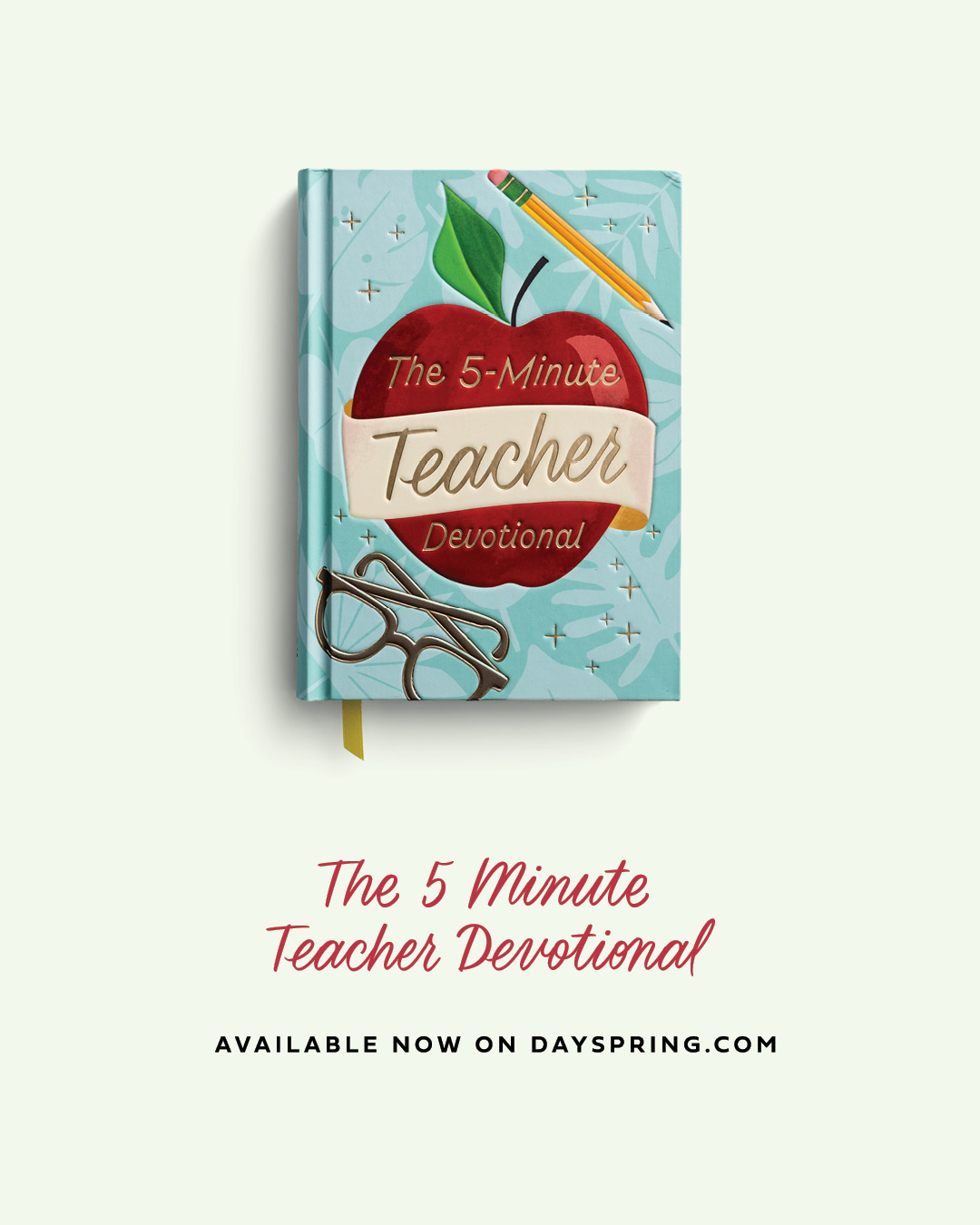My husband swept the side patio as I hung four little lanterns on the cinderblock wall. I positioned four chairs in a square. As the sun began to set, I plugged in a string of Edison bulb lights. The instant glow was like a warm welcome. I could hardly contain my excitement as I grabbed a La Croix from the fridge. I propped open the side gate, sat down, and sighed with joyful anticipation.
One by one, I heard the crunch of gravel. Three beautiful friends emerged from the darkness. We hugged, so happy to be stealing a little time together.
Earlier in the day, I texted my neighbor a heads-up about my planned outdoor gathering. When the four of us girls get together, let’s just say the volume level is hard to contain. Our delight over sharing ridiculous stories always leads to the best kind of make-your-sides-ache hilarity.
I needed that kind of laughter tonight.
Yet the evening unfolded differently. We were elated to see one another, but our conversation was more somber. Would one friend’s husband’s new job still start as scheduled? Would our friend with the high-risk pregnancy respond to her recent treatment? Would another friend, mothering three littles and battling the terror of a stubborn three-year-old with epic-level sleep regression, ever sleep again?
We took turns sharing all that had transpired in our individual circles over the last many weeks. We were all strained in different ways as moms and wives and working women providing for the needs of our families.
While the hard of what we were all going through seemed to outweigh the good, the good of being together was not lost on me.
You see, these are the friends I longed for, prayed for. Years earlier, I cried out to God, begging Him for just one real friend. One friend to share the ins and outs of motherhood with. One friend to be honest with about how hard marriage can be. One friend that I didn’t have to clean up my house for or slap a glossy filter on my life and pretend that all my imperfections weren’t really there.
God answered that desperate prayer. He answered it abundantly.
The glowing lights cast happy shadows on the ground. Crickets chirped. I inhaled the sweetness of the blossoming star jasmine. And I remembered the sweetness of how God had brought each one of these remarkable women into my life — and slowly, beautifully knit our hearts and lives together.
It was through these women that God also answered my fervent plea for other families to do life with. As introverts, my husband and I like being home. We like being together. I know this is a gift. But for the first decade of our marriage, I also craved the kind of friends who could be our friends together. We were likable enough, but finding another couple we both clicked with proved difficult. It seemed like an impossible dream.
Yet God heard the longing in my heart and again He answered lavishly.
For years now, we’ve gathered for monthly couples’ dinners, family camping trips, and video game nights with pizza for the kids and soul-medicine laughter for us. I can’t tell you how much I’ve learned from my friends about intentional parenting, navigating conflict, and college-day pranks. But even more, their friendship has taught me about the faithfulness of God.
Our hearts were made to do life together. We were made to be known, seen, and cared for by others. If you have that kind of friend in your life, thank God for them today! Then find a creative way to keep building that friendship.
If you long for a new or deeper friendship, keep praying for that one friend. God is listening.
Devotion by Becky Keife from the (in)courage archives.

Who doesn’t love charcuterie?! Perfect for parties and gatherings of all sizes, beautiful to display, fun and delicious to eat. Mid-summer is a great time to pull out your serving trays, load them up with all the goodies, and invite a few friends over to catch up. Our friend Nancy C. has some ideas for your charcuterie boards, along with inspo for plating and serving beautifully!
CHARCUTERIE SNACK BOARD INSPIRATION
Prep Time: 30 minutes
Cook Time: none
Makes about 8 servings.
INGREDIENTS:
- 2 kinds of cheese, sliced
- Crackers or baguette slices
- 6 to 7 types of fruit and vegetables, (e.g., grapes, strawberries, sliced oranges, cherry tomatoes, sliced cucumbers, olives, baby carrots)
- 1 (6-oz.) pkg. of dried apricots or other dried fruit
- 1 1/2 cups nuts (e.g., mixed nuts, almonds, or cashews)
- 1 or 2 kinds of dip (e.g., Ranch dip, hummus, or fruit dip)
- Optional: salami or smoked sausage slices
INSTRUCTIONS:
- Line your charcuterie board with wax paper liner or parchment paper.
- Fill a small bowl with dip and place it on the board in the center or slightly off-center.
- Arrange the rest of the snack items around the small bowl of dip in sections, starting from the bowl to the edge of the board, like a sun ray. Or have fun creating your own unique arrangement!
- Use extra bowls or plates, if needed, for any different dips or snack items, and place them next to your charcuterie board.

Find these beautiful serving pieces and tea towel set in the Mary & Martha home collection at DaySpring. And tell us – what’s your favorite item to include on a charcuterie snack board? Who can you invite over this weekend to snack and chat?


